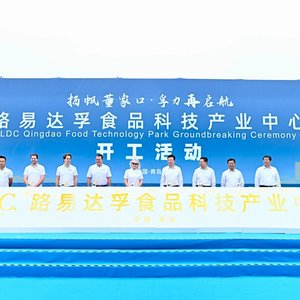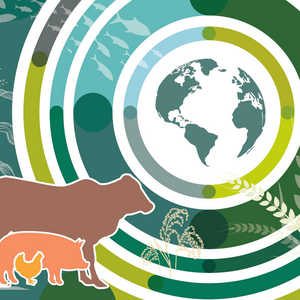GM policy strangling EU livestock and feed industries
FEFAC President, Pedro Corrêa de Barros, has called on the EU Farm Council to take urgent measures to ensure livestock farmers have adequate access to feed materials.
He welc
He noted that the only way out to cover current market needs are additional imports of energy-rich feed materials of which the EU needs to import 15-25 million tonnes, according to trade and industry experts. However, access to imports is severely restricted due to the present EU GM policy.
Pedro Corrêa de Barros warned the EU Farm Council that “The current EU GM policy will cripple the EU livestock industry. Livestock producers in third countries will be able to use the GMO crops not yet approved in the EU to feed their animals and will increasingly sell their products of animal origin to EU consumers at a lower price c
He stressed that the systematic slowdown of GM approvals in the EU c
Further massive feed price increases in the EU, which livestock farmers may not be able to recover fr
Corrêa de Barros asked Farm Ministers “to take their political responsibility to avoid strangling the EU livestock industry”. It is the EU Farm Ministers’ duty to maintain EU’s feed and food security by accelerating the EU GM approval process while setting a workable threshold for technically unavoidable presence of GM crops which have been approved in exporting countries but are pending approval in the EU at the time of import of feed grains.
The planned EU CAP health check can meet its objective of market-orientation and c
FEFAC, the European C
Farm animals in the EU-27 consume an estimated 470 million tonnes of feed a year, of which 144 million tonnes are produced by the c
The EU imports 35 million tonnes of soybean meal annually, or approximately 75% of its vegetable protein requirements, with no viable alternative available. Feed costs account for 60-80% of the production cost of pig and poultry.
DG AGRI published last summer a study concluding for the poultry sector that the impact of asynchronous authorization of GM soy events under the worst case scenario would be severe, as poultry production would fall to 29% and 44% below the baseline level in 2009 and 2010 respectively. A sharp increase in the EU price would attract high imports and EU exports would disappear. EU consumption would drop to 16% and 26% below the baseline level in 2009 and 2010 respectively.
(see http://ec.europa.eu/agriculture/envir/gmo/econ










